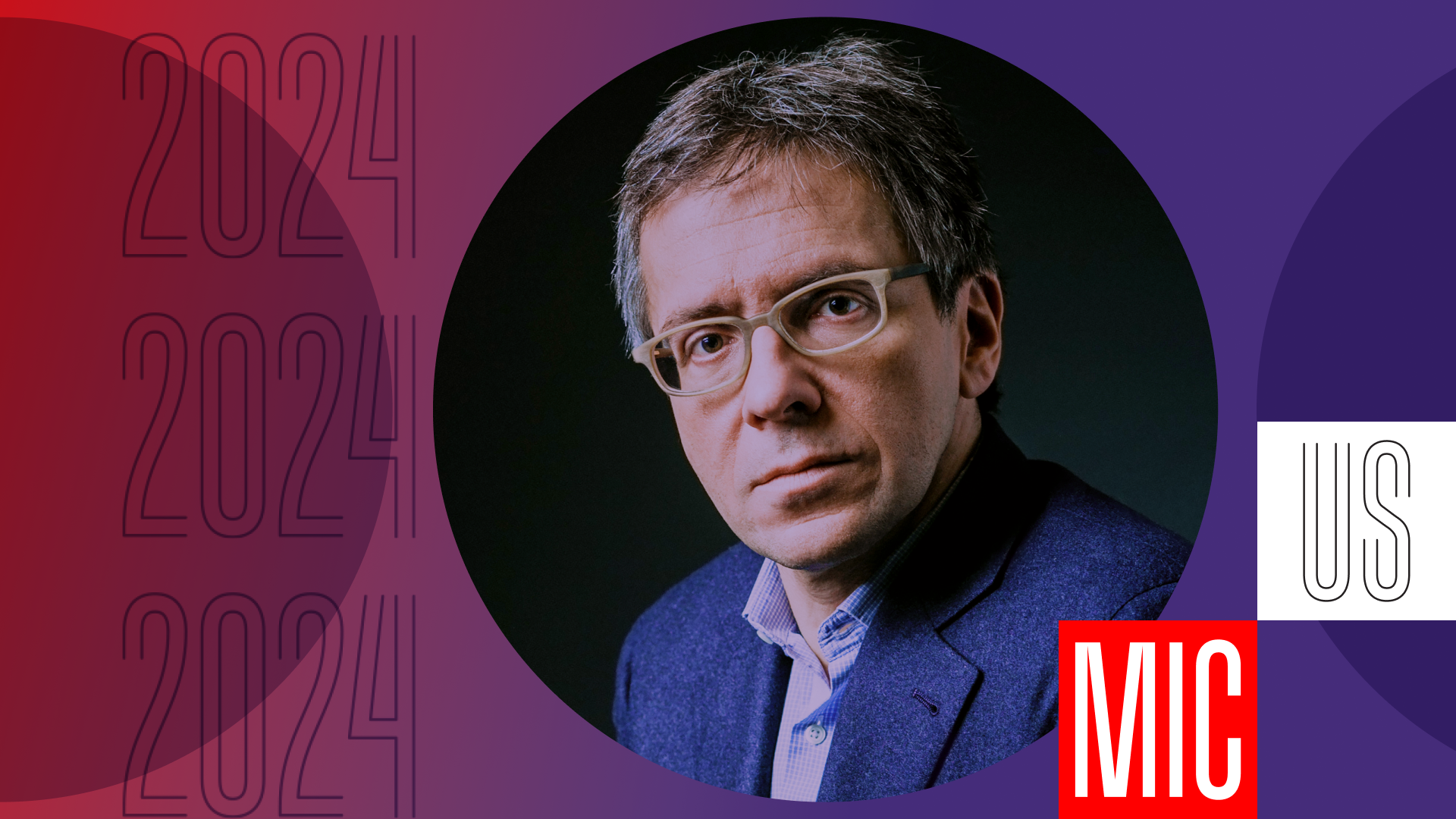Ian Bremmer: 4 Big Geopolitical Risks to Watch
Investors should keep an eye on US and European politics, along with China policies.

Decreasing global stability has called into question the effectiveness and dominance of capitalism and democracy, according to Ian Bremmer, the president and founder of Eurasia Group.
At the 2024 Morningstar Investment Conference, Bremmer sat down with Daniel Needham, president of Morningstar Wealth, to discuss the largest current geopolitical risks. He singled out four trends for investors to monitor.
Declining Investment In Soft Infrastructure In the United States
Bremmer highlighted underinvestment in “soft infrastructure”—the services required to maintain human and societal well-being. “If you look at the US over the past decades, we are the most individualist of large economies,” he said. “When your society is that driven by individualism, you need ties that bind.” In Bremmer’s view, those ties are weakening. He cites decreased church membership rates, declining support for public schools, and lower engagement with civic groups.
Bremmer believes that to fill this void, people are turning to social media and the personalized algorithms they employ. “I think that when people around the world are getting information that puts them in a different headspace than their neighbors and their families because of algorithmic promotion, you’ve got a problem,” he explained.
Money, Politics, and Policy In the US
In Bremmer’s eyes, another risk is the threat of large corporations paying lawmakers to enact policy: “One of the reasons American democracy feels broken is the role of money.” He said that government officials who play a role in regulation are often approached by large companies asking for policies that will give them advantages.
When special interests capture the political process, Bremmer says, it undermines the agency the average American has in issues that affect them. “The US already [has] a system that is less representative of its people than any other major democracy,” he added.
European Unity
Bremmer thinks the biggest risk to unity across the eurozone is the upcoming French election. He said that if the far-right party National Rally wins the election, NATO could lose the support of the French government. “That would be a crisis,” he said. Additionally, a far-right victory would put France in a state of “cohabitation,” wherein the acting prime minister and president hail from different parties. “This would be a very dangerous environment for France, and it would last a minimum of a year,” Bremmer explained.
US-China Relations
Bremmer characterizes the relationship between the US and China as “one of managed decline.” He cautions that recent US rhetoric lumping China in with Russia, Iran, and North Korea as a “rogue state” and a “chaos actor” is dangerous. “If you drive elements inside China to feel like a new Cold War and containment are inevitabilities, they’ll behave similarly.”
He also cited the risks of former president Donald Trump’s proposed tariffs against the Chinese. Compared to previous global climates, Bremmer said, “there are bigger tail risks on the upside and the downside.” On one hand, he said China may “cry uncle” and cut a deal with Trump. On the other hand, there is a real possibility of China rejecting these tariffs and retaliating.
Bremmer added that China has made efforts in the past year to engage more with the US government. However, “the long-term trajectory of the relationship is toward less trust and more confrontation.”
The author or authors do not own shares in any securities mentioned in this article. Find out about Morningstar’s editorial policies.

/s3.amazonaws.com/arc-authors/morningstar/a8c4d0a1-24c6-4c96-81d6-7bb13a177a1e.jpg)
/cloudfront-us-east-1.images.arcpublishing.com/morningstar/PKH6NPHLCRBR5DT2RWCY2VOCEQ.png)
/cloudfront-us-east-1.images.arcpublishing.com/morningstar/ZYJVMA34ANHZZDT5KOPPUVFLPE.png)
/cloudfront-us-east-1.images.arcpublishing.com/morningstar/OBA7UVI75RGFDOHGJTZ2FK542Q.jpg)
:quality(80)/s3.amazonaws.com/arc-authors/morningstar/a8c4d0a1-24c6-4c96-81d6-7bb13a177a1e.jpg)